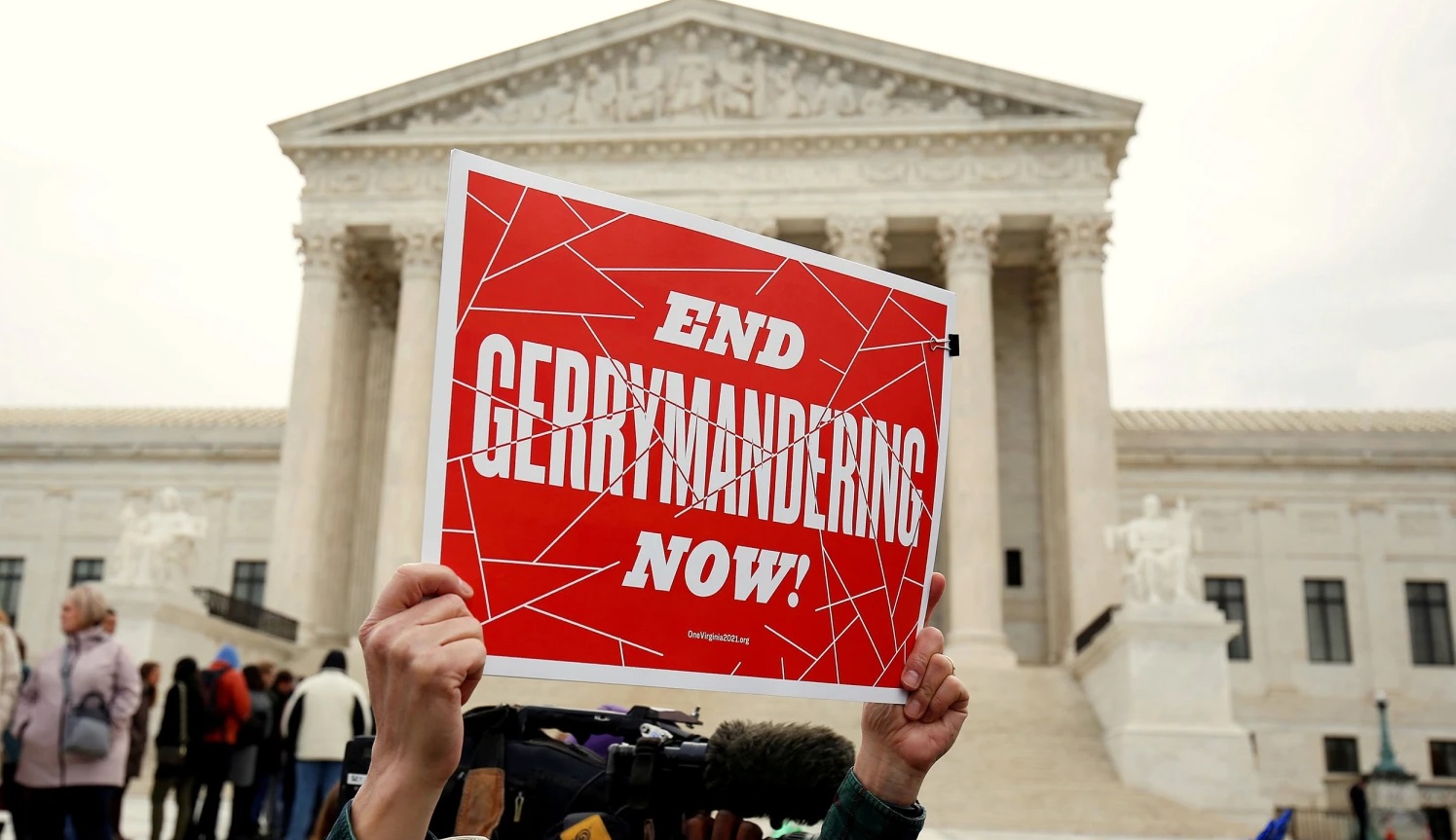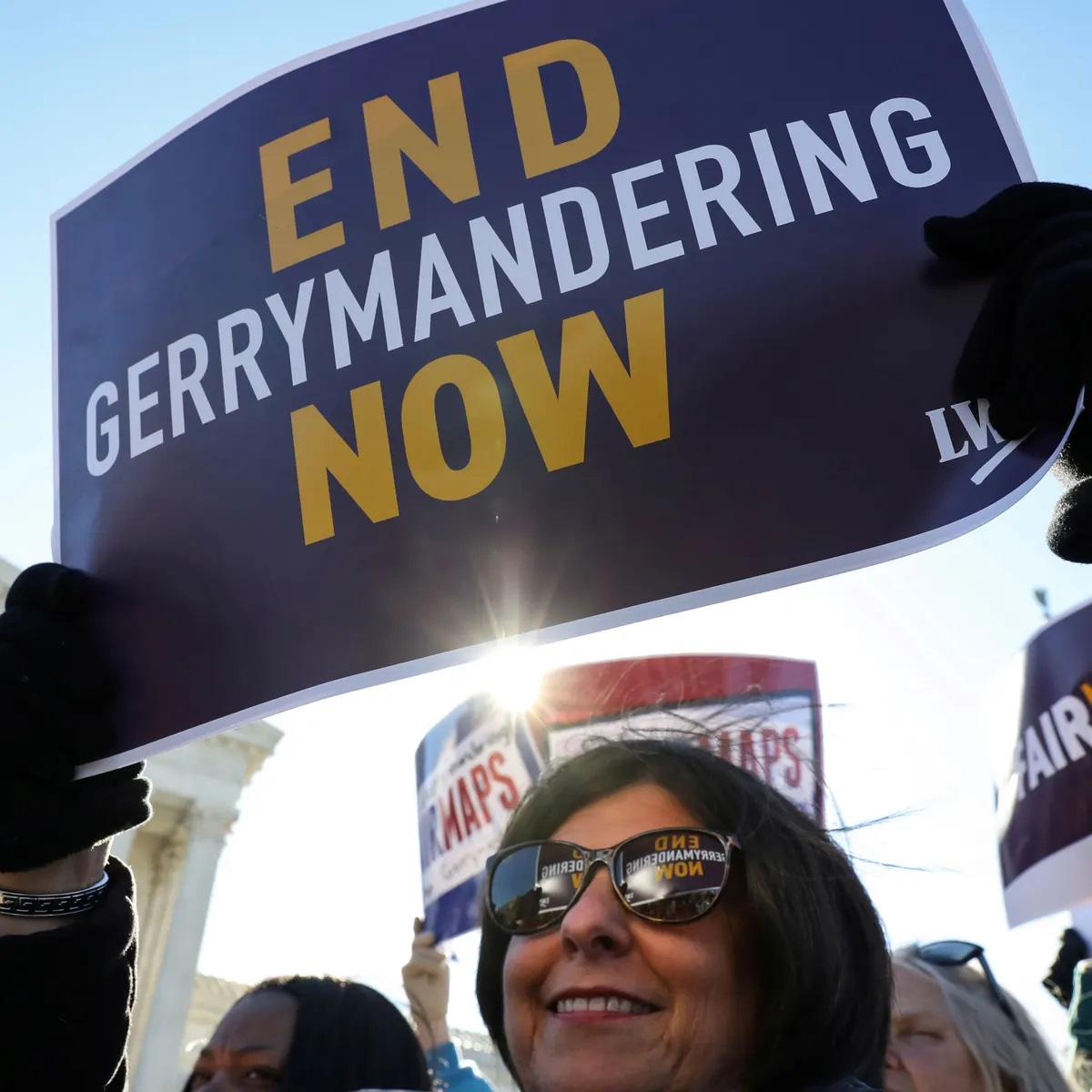Explore the role of state courts in addressing partisan gerrymandering cases claims pre-election, as researchers analyze court decisions and their impact on the redistricting process.

Explore the role of state courts in addressing partisan gerrymandering cases claims pre-election (Photo: NBC News)
Analyzing the Impact of State Courts in Partisan Gerrymandering Cases
In 2019, the U.S. Supreme Court ruled that federal courts would not oversee partisan gerrymandering, directing such challenges to state courts. This decision has elevated the significance of state court responses to partisan gerrymandering allegations, especially in the lead-up to the November 2022 elections.
The study by Cervas, Grofman, Matsuda, and Kawa focuses on three key issues. Firstly, the researchers examine how state courts determine whether state law allows them to address the factual aspects of partisan gerrymandering claims. This includes assessing the justiciability of the claims under state and federal law.
READ ALSO: A Family’s Quest For Justice: Unsolved Murder Of Martha Maxwell
Secondly, the researchers investigate the definitions of partisan gerrymandering utilized by state courts and the empirical evidence cited in support of these definitions. This includes metrics based on election data, evaluation of maps based on good government criteria, and consideration of the map-drawing process as an indicator of partisan intent.
Lastly, the study aims to uncover indirect evidence of how the partisan leanings of the justices may have influenced their decisions regarding the constitutionality of challenged congressional maps. This aspect sheds light on the potential impact of justices’ political inclinations on their rulings in partisan gerrymandering cases.
READ ALSO: White Settlement Suspect For Child Sexual Assault Case: Accused Suspect Turns Himself In Amid Bond Controversy
























